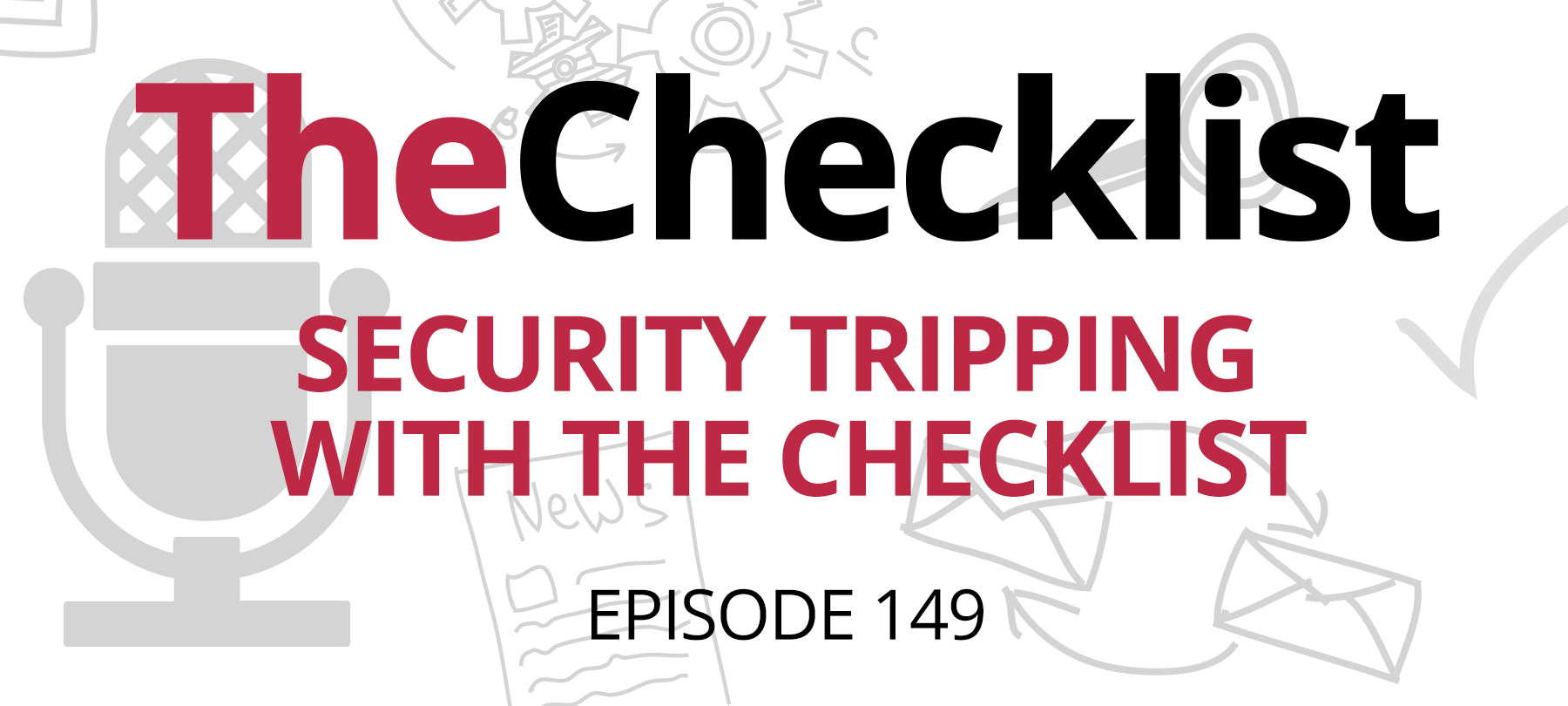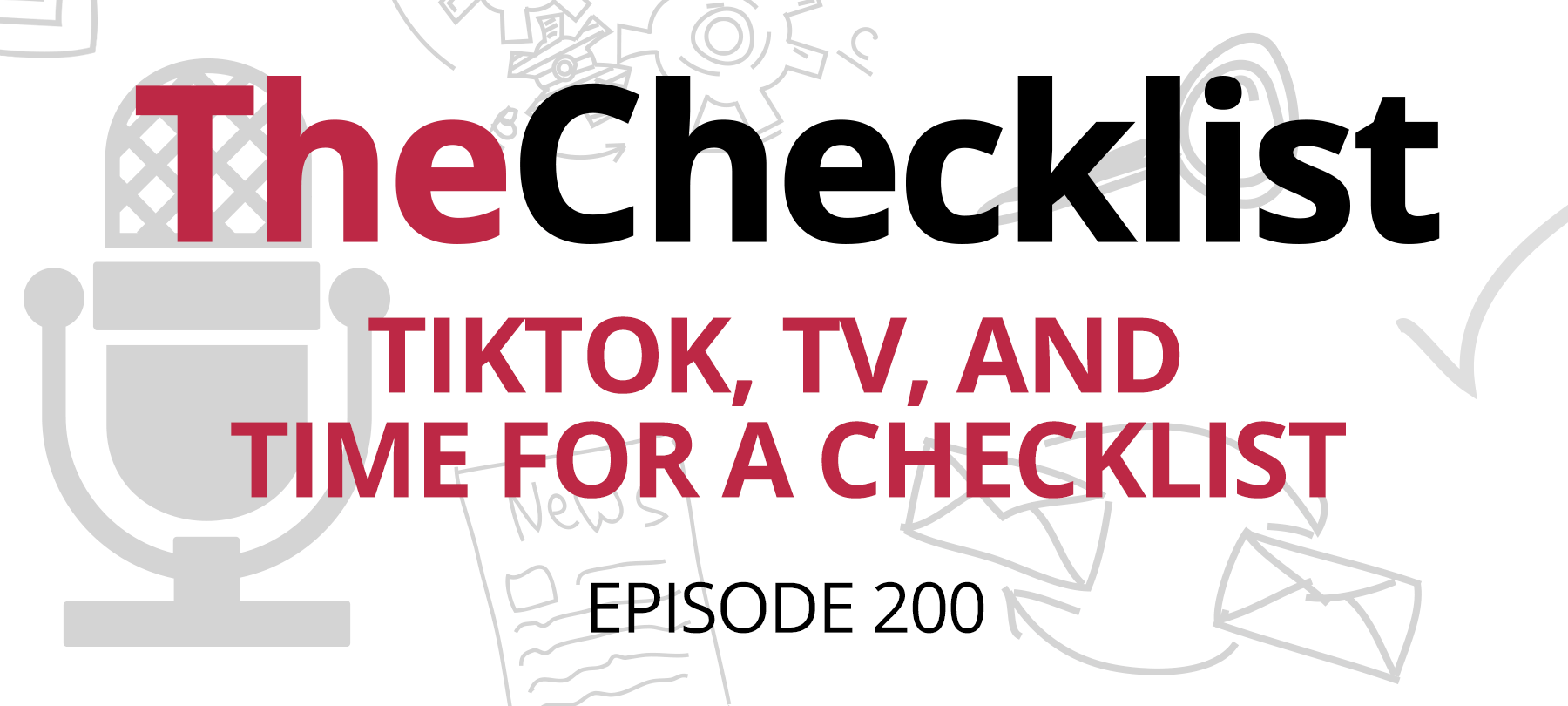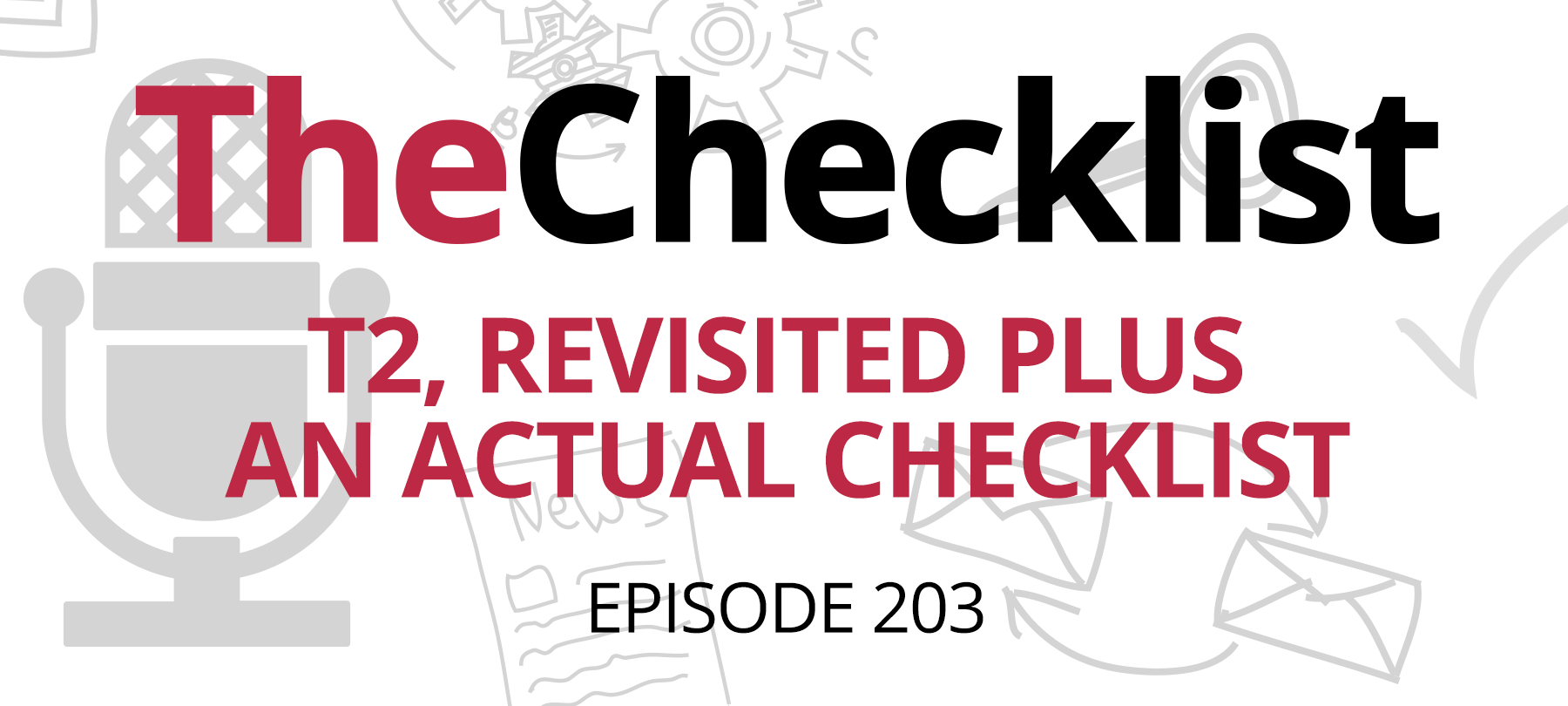Apple Drops NSO Group Lawsuit Over Pegasus Spyware Concerns
In a surprising turn of events, Apple has reportedly dropped its lawsuit against NSO Group, the Israeli company behind the controversial Pegasus spyware. Nearly three years ago, Apple filed the suit to stop the alleged abuse of its devices and to hold NSO accountable for creating spyware that targeted journalists, activists, dissidents, academics, and government officials. Apple sought to ban the group from using its products and demanded financial redress, promising to donate proceeds to organizations fighting spyware abuse.
However, Apple recently asked the courts to dismiss the case, citing concerns over the security risks involved in continuing the litigation. According to a report from The Washington Post, Apple feared that sharing documents with NSO’s legal team—detailing how it detected the hacks—could put global security at risk. The company uses this intelligence to safeguard all its users, and even under strict legal controls, any disclosure might jeopardize that protection.
One reason for the lawsuit’s dismissal also stems from concerns about obtaining necessary evidence from NSO. A report from The Guardian indicated that the Israeli government may have seized files from NSO’s headquarters, making it difficult for Apple to gather the discovery needed to proceed with the case.
Despite this, NSO Group faces significant challenges. It has been banned from conducting business in the U.S., and many of its employees have left the company, some starting their own ventures or joining competitors. Additionally, Apple’s security has improved, particularly with the introduction of “Lockdown Mode” to protect high-value targets from Pegasus-like spyware.
While the decision to drop the case may seem like a concession, Apple has strengthened its defenses, making it harder for spyware attacks to go unnoticed. Nevertheless, many observers hoped to see NSO sued into irrelevance.
Sources: The Washington Post, The Guardian
Tom Hanks Warns Fans About AI Deepfake Scams
Beloved actor Tom Hanks has issued a warning to his fans about scammers using AI deepfakes to imitate him and promote fraudulent products. In a post on Instagram, Hanks alerted his followers that his likeness, voice, and name were being used without his consent in ads for miracle cures and dubious treatments. The actor emphasized that he has no association with these promotions and urged fans not to fall for these scams.
Hanks, who has been public about his type 2 diabetes, reiterated that he only works with his certified doctor for medical treatment. He cautioned followers:
“DO NOT BE FOOLED. DO NOT BE SWINDLED. DO NOT LOSE YOUR HARD EARNED MONEY.”
This is not the first time AI deepfakes have been used for fraudulent purposes. Earlier this year, McAfee reported similar scams involving deepfakes of other celebrities. Taylor Swift was impersonated in a phishing scam offering free cookware, Kelly Clarkson’s likeness was used to sell weight loss gummies, and even Prince William was featured in a fake endorsement for a shady investment platform.
While there are tools to detect deepfakes, McAfee and experts advise consumers to remain cautious. When encountering unbelievable offers, people should consider whether the claim makes sense and use fact-checking resources such as Snopes, Reuters, Politifact, and the Associated Press to verify the information.
Despite advancements in deepfake technology, Hanks’ warning reminds us that vigilance is key to avoiding such AI-driven scams.
Sources: McAfee Blog
FBI and CISA Debunk Claims of Hacked U.S. Voter Rolls
The Federal Bureau of Investigation (FBI) and the Cybersecurity and Infrastructure Security Agency (CISA) have released a joint statement dismissing claims that U.S. voter rolls have been hacked and altered. According to the agencies, there is no evidence of any cyberattack affecting the U.S. election infrastructure, despite rumors circulating online.
The FBI and CISA explained that they work closely with election officials across federal, state, and local levels to ensure the security and resilience of election processes. Their statement clarified that there is no information to suggest any cyberattack has disrupted an election, changed voter registration, or compromised ballot integrity.
Despite these reassurances, false reports of hacked voter registration databases continue to spread. Some individuals have posted publicly available voter information as “evidence” of a breach. However, the FBI noted that most U.S. voter information is publicly accessible through legal means, which complicates efforts to address such claims.
Both agencies advised the public to be cautious about accepting claims of election-related intrusions, especially those found on social media or through unsolicited communications. They emphasized relying on trusted government sources with “.gov” domains for accurate information.
In terms of media literacy, the statement urged the public to consult multiple reputable news outlets for election updates, steering clear of social media platforms as primary sources.
Sources: SecurityWeek



